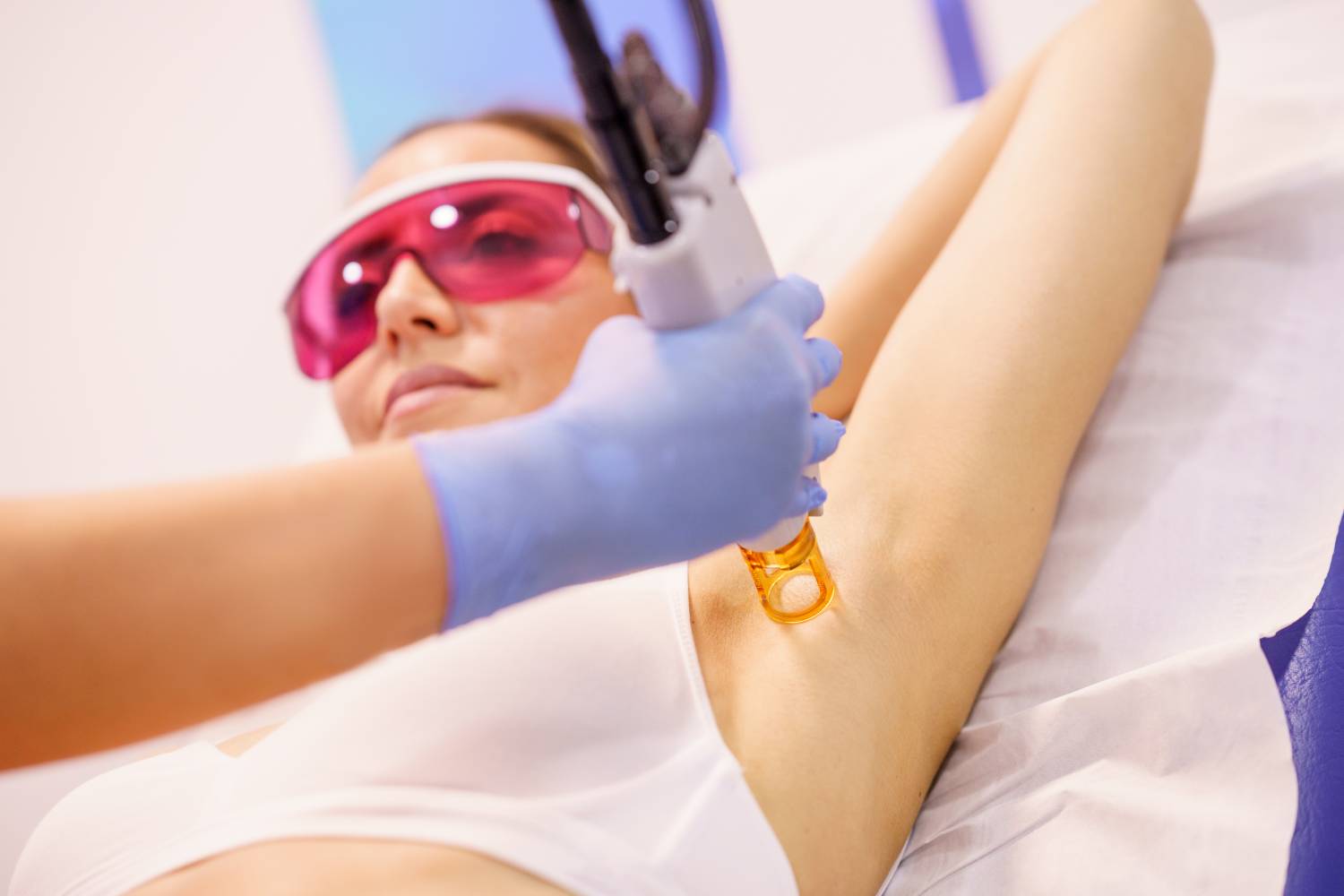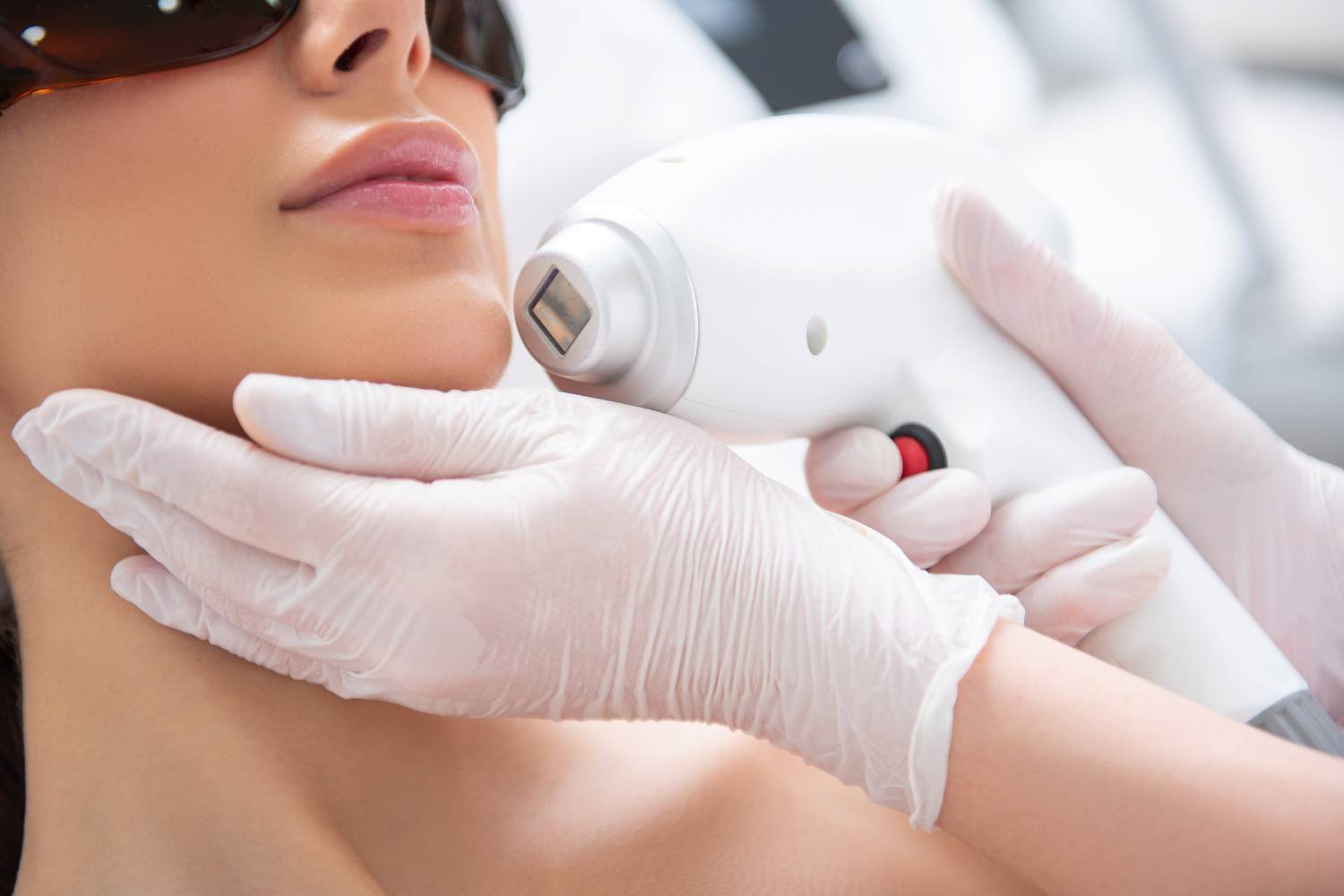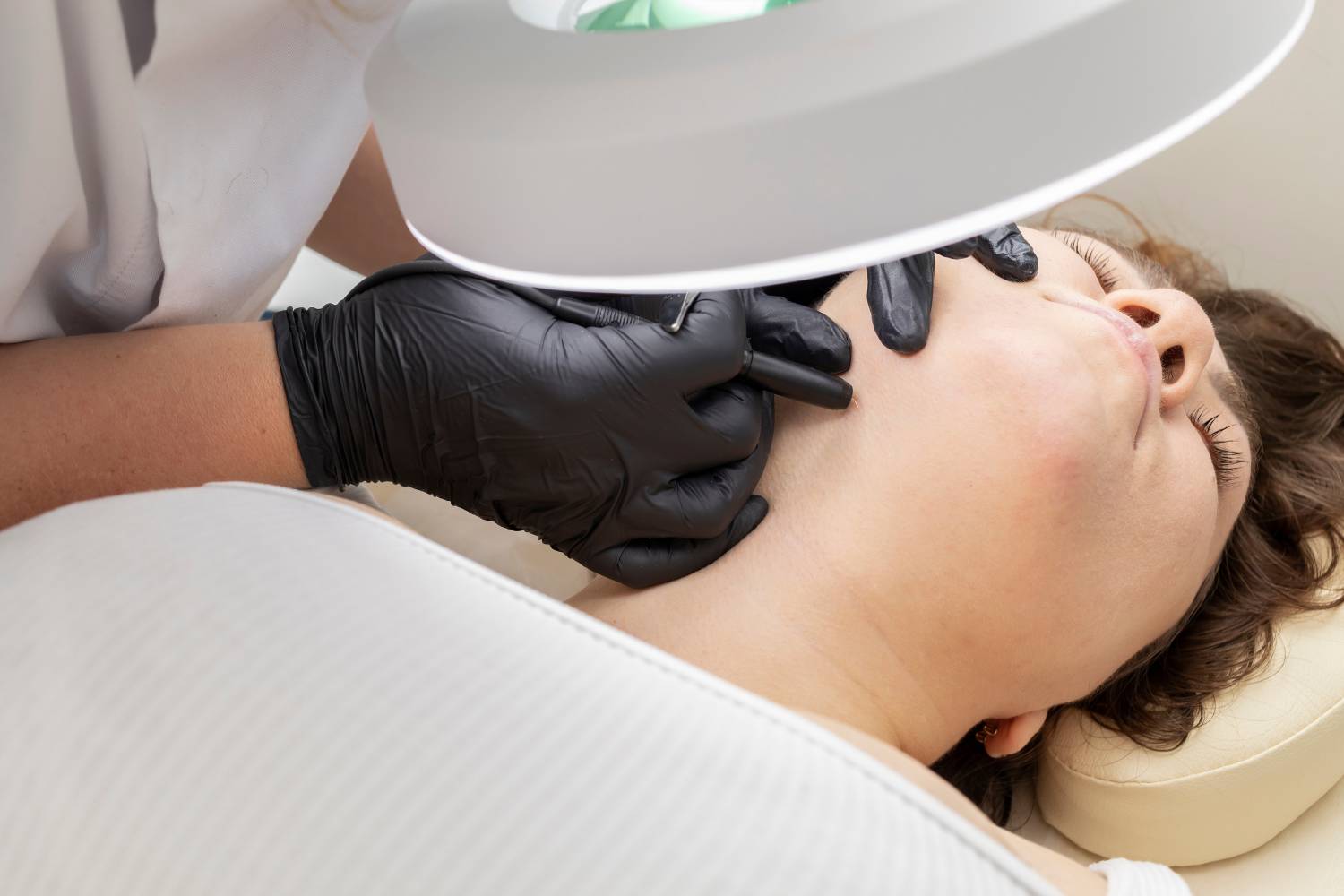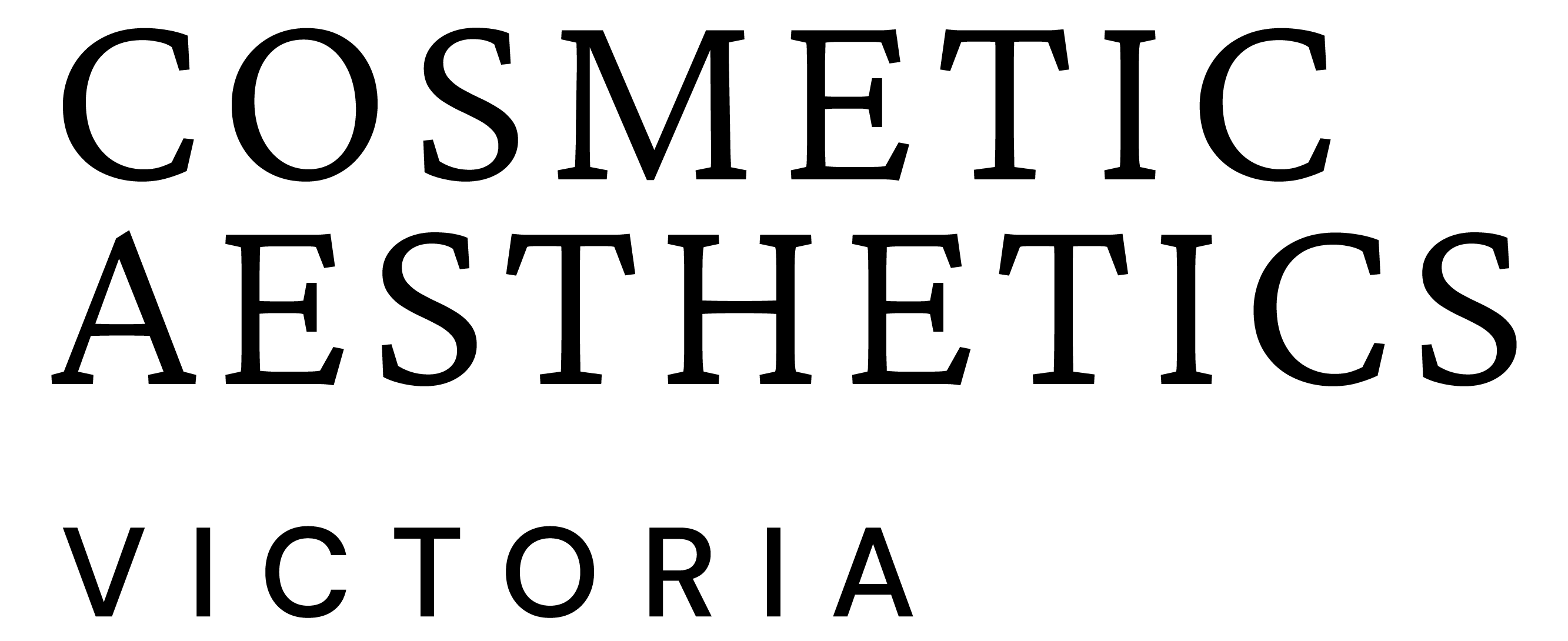
Laser Hair Removal During Pregnancy: Is It Safe?
When it comes to beauty treatments during pregnancy, many expectant mothers wonder if they can continue with their regular routines, especially when it comes to hair removal. Laser hair removal has become a popular choice for long-lasting results, but is it safe during pregnancy?
In this blog, we’ll explore the potential risks, the reasons many healthcare providers recommend avoiding it, and the safe alternatives available to pregnant women. Let’s dive into everything you need to know before deciding whether laser hair removal is right for you during pregnancy.
Why Experts Advise Caution With Laser Hair Removal During Pregnancy?
As a seasoned cosmetic practitioner, I’ve seen a lot of trends come and go in the beauty industry, but when it comes to pregnancy, we need to proceed with caution. That’s the general consensus from healthcare providers, dermatologists, and reputable clinics around the world. Most experts recommend steering clear of laser hair removal during pregnancy, not because there’s an overwhelming amount of evidence proving harm, but because of the lack of research specifically focused on pregnant women.
In my years of practice, I’ve found that many clinics, particularly those with a focus on safety and quality, will pause treatments for clients who find out they’re pregnant mid-course. Some clients may come in with a small bump, unknowingly pregnant, and after a few sessions, realise they’re expecting. In these cases, it’s always a good idea to put things on hold and reassess the situation. In fact, most reputable practitioners would rather err on the side of caution.
Lack Of Safety Studies: What We Know And What We Don’t
One of the biggest reasons behind this precaution is the absence of solid research. It’s a bit like walking through a foggy forest—while you can make out a few shapes ahead, you don’t have the full picture. The ethical considerations that prevent controlled trials involving pregnant women make it difficult to draw definitive conclusions about the safety of laser hair removal.
In my own experience, it’s been a topic of conversation during consultations—clients are often curious and ask, “Why can’t I continue with my treatments?” To them, it might feel like a minor concern. They may have had laser hair removal before pregnancy with no side effects, and they might even have heard anecdotal stories from others who’ve continued with treatments during pregnancy. However, the reality is that there’s just not enough hard data to back up any claims of safety, especially when it comes to the potential risks for the baby.
Theoretical Risks: How Pregnancy Alters Skin And Hair Growth?
Pregnancy brings about a whirlwind of hormonal changes, and as anyone who’s been pregnant will tell you, it can affect everything, especially your skin and hair. The hormonal surge from progesterone and estrogen increases blood flow to the skin, which can result in heightened skin sensitivity. This means that a laser treatment, which was previously comfortable, might feel like a sharp sting or cause more discomfort than usual.
I had a client once who, after a few laser sessions, found that she was unusually sensitive to the treatment during her second trimester. She had experienced no issues prior, but the pregnancy hormones seemed to heighten her skin’s reaction to the laser. It wasn’t dangerous, but it was uncomfortable enough for her to halt further sessions. This experience illustrates a broader point: pregnancy alters how your skin reacts, and what was once a routine treatment can quickly become an unpredictable one.
Additionally, hormonal changes influence the hair growth cycle, prolonging the anagen (active growth) phase and delaying the shedding (telogen) phase. For many women, this results in the temporary hair growth phase being extended throughout the pregnancy. Laser hair removal targets the active growth phase, which is why the procedure may be less effective during pregnancy. I’ve seen this time and again, especially with pregnant clients who are dealing with temporary hair growth that will settle once the body returns to its pre-pregnancy hormonal balance.
The Potential Risks Of Laser Hair Removal During Pregnancy
Hormonal Changes And Increased Skin Sensitivity
One of the most striking changes that comes with pregnancy is the dramatic shift in hormones, particularly estrogen and progesterone. These hormones increase blood flow to the skin, often leading to a heightened sensitivity that many women experience. This change in skin texture and sensitivity means that what was once a painless procedure—like laser hair removal—can now become more uncomfortable.
I had a patient who came in during her second trimester and shared that her skin had become so sensitive that even the lightest touch seemed to cause irritation. Despite this, she was still eager to go ahead with her laser treatment. I advised her to postpone, as the laser light could potentially cause more discomfort. For her, the risks outweighed the rewards.
In addition to this increased sensitivity, pregnancy can also lead to dryness and redness on the skin. This makes laser treatments potentially more problematic for expectant mothers, as the risk of a bad reaction increases. The laser targets hair follicles by using heat, and with skin already more sensitive than usual, this heat may cause more irritation or discomfort than it would for someone who isn’t pregnant.
Hyperpigmentation And Skin Reactions
Another concern is hyperpigmentation, or the darkening of the skin in certain areas. Pregnancy can cause a condition known as melasma, which is commonly referred to as the “mask of pregnancy.” This condition causes patches of darker skin to appear, particularly on the face. However, melasma can also affect areas like the underarms, belly, and bikini line, where laser treatments are often performed.
In my practice, I’ve seen melasma flare up after laser treatments, even on clients who didn’t have it before their pregnancy. The reason? The laser can trigger pigmentation changes, which are made worse by pregnancy hormones. While melasma usually fades after delivery, undergoing laser hair removal can exacerbate the issue and prolong the time it takes for the skin to heal.
I recall a client who had been receiving laser treatments for a while before she became pregnant. After starting her treatments again, she noticed that her previously clear skin began to develop darker patches, particularly along her bikini line, where she had been receiving laser hair removal. The added heat from the treatment irritated her skin, triggering the hyperpigmentation. It was a stark reminder that pregnancy hormones can heighten sensitivity, making what would normally be a safe treatment a risk during pregnancy.
Theoretical Fetal Risks: What Laser Treatment Could Mean For Your Baby?
When it comes to fetal health, the concern about laser hair removal is mainly theoretical, as there’s no proven evidence to suggest that it poses a risk to the unborn baby. However, as with many treatments during pregnancy, it’s better to be cautious. The primary concern lies in the non-ionising radiation emitted by the laser. While the depth of penetration is typically shallow—only a few millimetres deep into the skin—some experts worry about the potential for heat or energy transfer reaching the fetus.
To put this in perspective, while the laser’s energy doesn’t penetrate deeply enough to reach the fetus in the womb, the heat generated by the laser could theoretically pose a risk. But there’s a lack of studies to confirm these concerns, which leaves many health professionals, myself included, leaning towards a “better safe than sorry” approach.
I’ve had discussions with colleagues, and while the overall sentiment is that laser hair removal during pregnancy is unlikely to cause harm, we still advise against it, mainly due to the absence of conclusive evidence. There’s always that sliver of uncertainty, and that’s enough for many clinics and practitioners to recommend postponing treatments until after the pregnancy.

What Studies Say About Laser Use During Pregnancy?
While we don’t have specific studies on laser hair removal during pregnancy, there have been studies on laser treatments for medical purposes. For example, lasers have been used to treat conditions like kidney stones, skin diseases, and even complications in pregnancy, such as twin-to-twin transfusion syndrome.
A systematic review in 2019 evaluated 22 publications involving over 380 pregnant women treated with laser for various medical conditions. The results were reassuring—no maternal or fetal morbidity was reported. This included a variety of laser treatments, from skin disease treatments to more complex medical procedures. However, these studies don’t apply directly to cosmetic procedures like laser hair removal. The use of lasers in a medical setting has been shown to be safe, but we must remember that cosmetic procedures involve different considerations, primarily because they’re not medically necessary.
In 2021, another review examined the use of lasers during pregnancy for conditions like genital warts and skin vascular lesions, and once again, no adverse outcomes were observed for either mothers or babies. This shows that laser treatments can be safe in certain contexts, but when it comes to something as cosmetic as hair removal, there are still precautions to take.
The Absence Of Research On Laser Hair Removal Specifically
Although lasers have been used safely for other medical treatments during pregnancy, laser hair removal remains an area lacking sufficient research. The main reason for the absence of studies is the ethical limitations of conducting research on pregnant women. While we can observe and hypothesise, there is no clear evidence that laser hair removal will or won’t cause harm to the fetus.
From my experience, many pregnant clients ask whether prior laser hair removal treatments may have caused any issues, especially if they didn’t know they were pregnant when they received them. The general consensus from both experts and medical advice is that past treatments are unlikely to have caused any harm. However, continuing treatments during pregnancy is still advised against, mainly due to the uncertainty surrounding this lack of research.
Safe Alternatives To Laser Hair Removal During Pregnancy
| Method | Safety Level | Best For | Notes |
| Shaving | Very Safe | Legs, underarms, and general body areas | Quick, chemical-free, but may be difficult in late pregnancy due to mobility. |
| Waxing | Generally Safe | Legs, arms, and bikini line | Effective for weeks; can be more painful due to increased skin sensitivity. |
| Sugaring | Generally Safe | Bikini area, sensitive skin areas | Gentler than waxing; uses natural ingredients (sugar, lemon, water). |
| Tweezing | Very Safe | Eyebrows, upper lip, and stray facial hair | Precise, chemical-free, great for small areas. |
| Threading | Very Safe | Eyebrows, upper lip, facial hair | Effective and gentle; no chemicals involved. |
| Trimming | Very Safe | Bikini area, underarms, and facial hair | Non-invasive; good for maintenance with electric or manual trimmers. |
| Depilatory Creams | Use with caution | Legs, arms | May cause irritation; always patch test first, especially with sensitive skin. |

Professional Recommendations: What You Need To Know About Laser Use In Pregnancy?
When it comes to laser hair removal during pregnancy, consulting with a professional is key. As a practitioner, I always prioritise open communication with clients, ensuring they understand the risks and limitations associated with cosmetic treatments during pregnancy.
Consulting With Your Dermatologist Or Esthetician
If you’re considering any type of cosmetic laser treatment during pregnancy or soon after childbirth, a consultation with a licensed dermatologist or qualified esthetician is a must. These professionals can evaluate your specific situation, take into account your pregnancy stage, and help guide you on the safest options.
From personal experience, I’ve noticed that prenatal care varies significantly across individuals. What’s safe for one person might not be for another, which is why getting expert advice is essential. A trusted practitioner will help you weigh the pros and cons, making sure you understand any potential risks before proceeding with any laser treatments.
I’ve worked with many clients who have paused their hair removal treatments and opted for safer alternatives during pregnancy. Postpartum, they often feel more confident and ready to return to their laser sessions, but they always appreciate having the option to make that decision in consultation with a skilled professional who can tailor advice to their unique needs.
When it comes to laser hair removal during pregnancy, the best approach is caution. While there’s no conclusive evidence proving that laser treatments cause harm to a developing baby, the absence of research and potential risks—such as increased skin sensitivity and hormonal changes affecting treatment effectiveness—mean it’s generally recommended to avoid the procedure until after pregnancy. While waiting, expectant mothers can turn to safe alternatives such as shaving, waxing, sugaring, or trimming to manage unwanted hair. It’s always essential to consult with your healthcare provider to ensure that any hair removal method chosen is safe for both mother and baby.
Once your pregnancy journey has come to an end, and your hormones stabilise, it’s usually safe to resume laser hair removal treatments. Always remember to prioritise your health and well-being by seeking professional advice before making decisions about beauty treatments during pregnancy.
